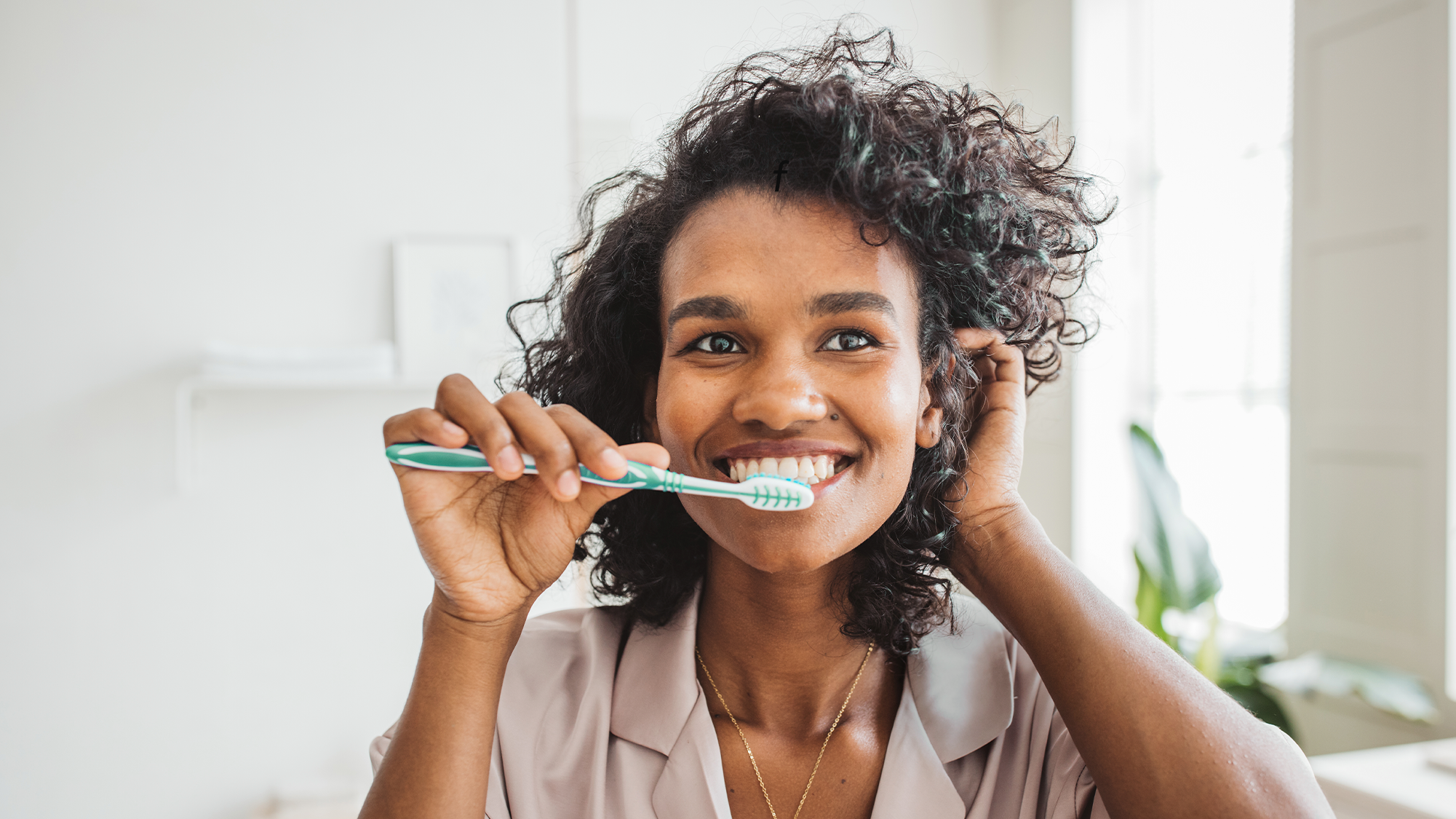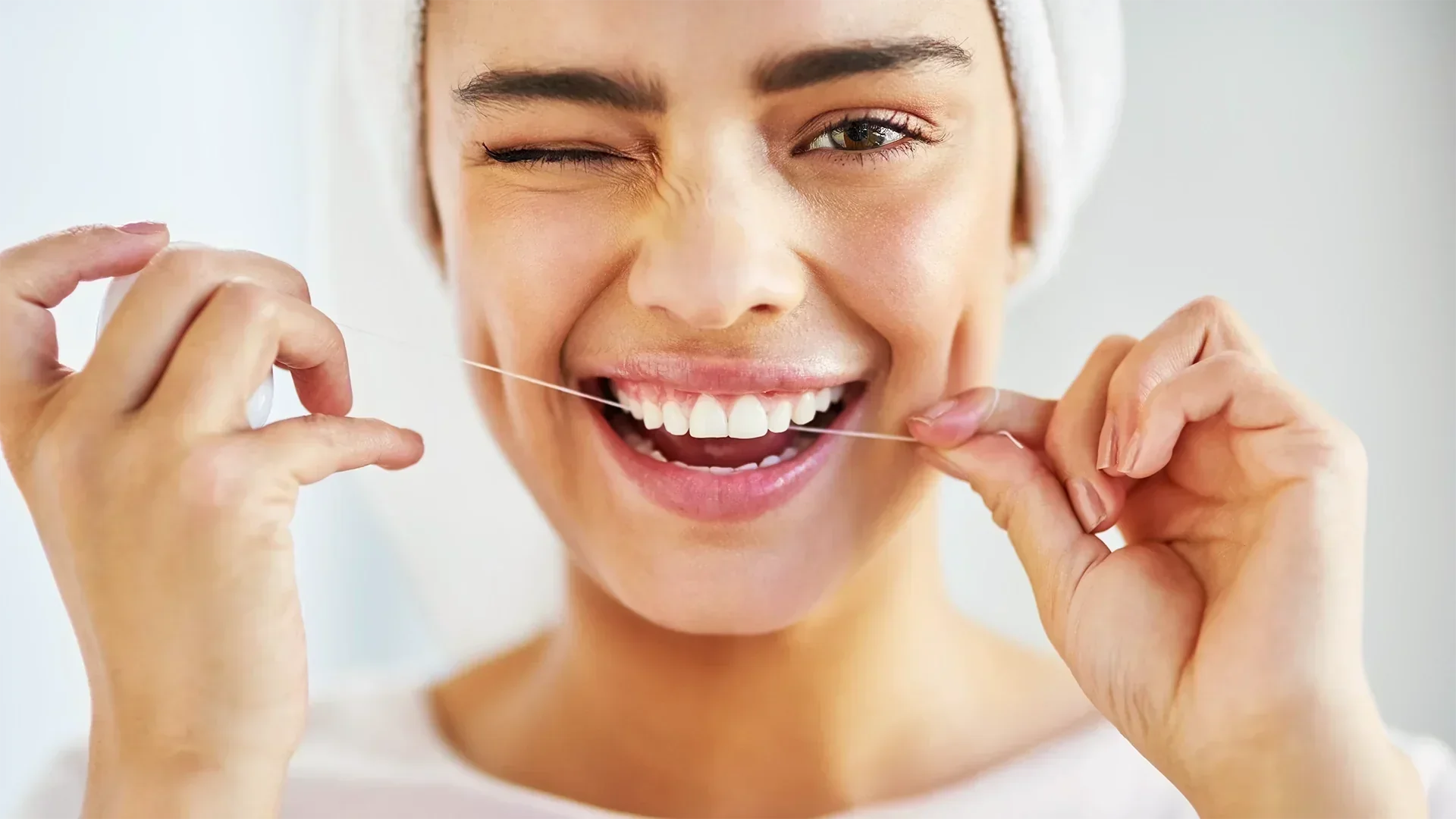Time to smile? Let’s learn about the exciting world of oral probiotics. Here’s three proven ways oral probiotics can help maintain healthy teeth and gums.
Your smile's secret weapon? Probiotics and oral health
For years, the mantra for good oral health has been simple: brush, floss, and visit the dentist regularly. While these practices remain crucial, recent research suggests that a new coming on the scene may play a supporting role in our oral hygiene routine – oral probiotics.
But what are probiotics, and how could they support your smile?
Understanding probiotics
Probiotics are friendly live microorganisms, found in low amounts in certain foods and stable amounts in food supplements. They add to the natural diversity of microbes in the mouth. While probiotics are commonly associated with gut health, their supporting role in oral health is gaining recognition and popularity.
Oral microbiome: A balancing act in your mouth
Just like your gut, your mouth teems with a diverse community of microorganisms known as the oral microbiome.
The oral microbiome is the complex community of microorganisms—bacteria, fungi, viruses, and archaea—that live inside the mouth. It is a diverse and dynamic ecosystem that exists on the tongue, teeth, gums, cheeks, and even in saliva. These microbes interact with each other and with their environment, influencing the micro flora balance of the mouth.
Probiotics offer a complementary way to support oral health
Probiotics work like invisible heroes in your mouth, mediating disputes between all the microorganisms, maintaining a natural, healthy balanced oral microbiota.
Best ways to incorporating probiotics into your oral care routine
1. Let probiotics work overnight
Taking probiotic lozenges before bed allows friendly microorganisms to stay in the mouth longer without being washed away by eating or drinking.
As you sleep, these microbes have more time to interact with your oral environment, helping to maintain a natural balance.
To get the most out of this routine, avoid rinsing your mouth or drinking water immediately after taking the probiotic, giving it time to settle.
2. Choose probiotic-like foods & drinks
Certain foods and drinks can also add to the natural diversity of microbes in the mouth and body.
A tasty way is to incorporate foods like yogurt, kefir, miso, and fermented vegetables into your diet to introduce beneficial microbes naturally.
Learn more about fermented foods here, and why not try out some great recipes here.






